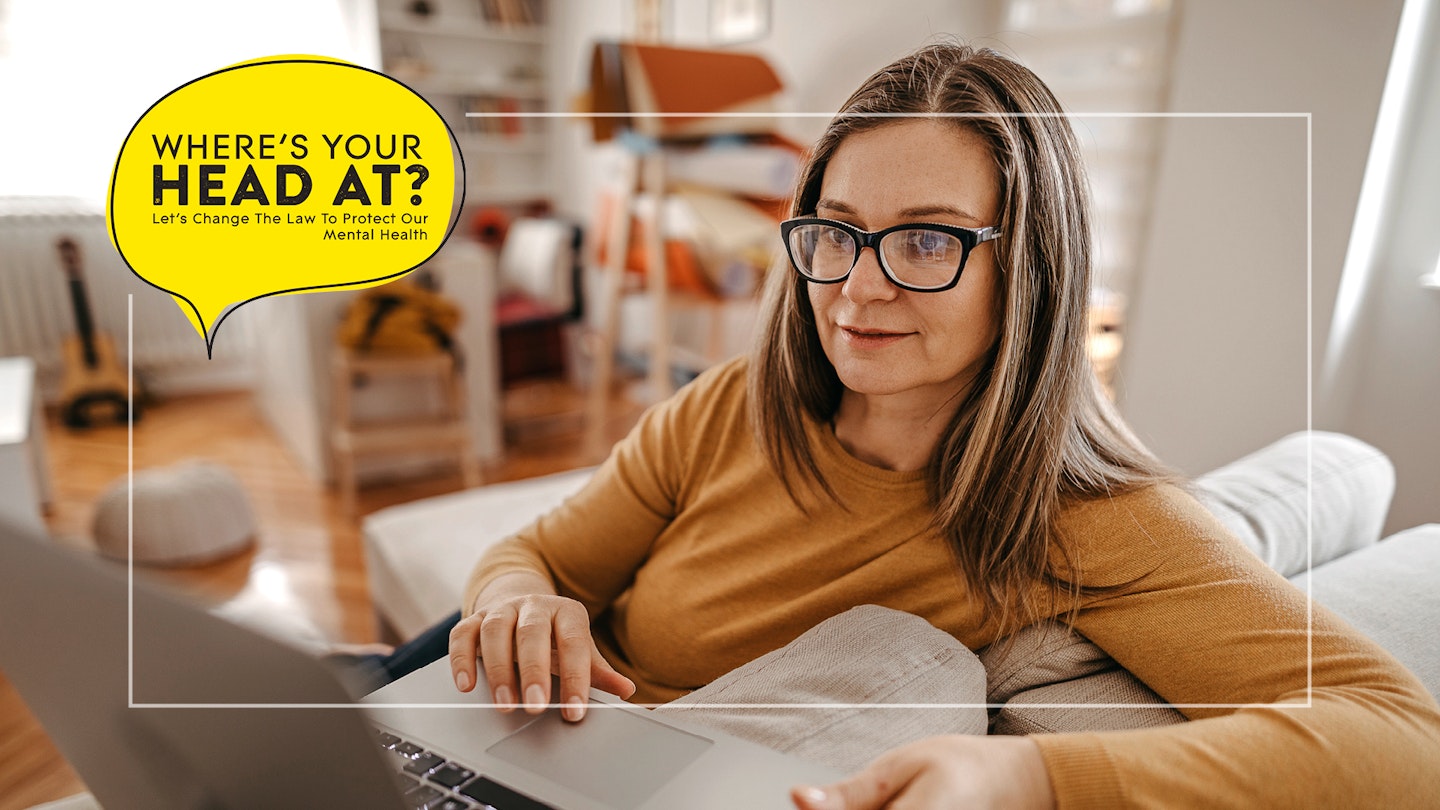Have you ever considered therapy? A pandemic may be an opportune time to start. According to a recent [study](https://www.thelancet.com/pdfs/journals/lanpsy/PIIS2215-0366){href='https://www.thelancet.com/pdfs/journals/lanpsy/PIIS2215-0366(20)' target='_blank' rel='noopener noreferrer' class='add-referrer-link'} , scientists are predicting that the Covid-19 crisis will potentially have a profound, long-lasting impact on mental health. Whether you're already in therapy and feeling tentative about the next step, or you're considering seeking help for the first time, here are the steps you should take, according to Louise Chunn, the founder of Welldoing.org - a platform that helps you curate your search for a therapist.
Don't be 'put off' by virtual therapy
You may feel unsure by the idea of virtual therapy, that it may be ‘lesser’ than in-person therapy as it will lack that ritual of arriving, coming into the room, sitting in the same seat, looking out the window at the window, which can be helpful. (Especially as you’re away from home and the people who you might be talking about at therapy). But some people say that virtual therapy can be very powerful, because both parties try harder; it takes a lot of effort to build a relationship when you’re not actually in the room together.
Take time finding the right person
Look at online directories, like welldoing,org, and filter them to find exactly what you want. You can be as specific as you like. So for example, if you want to talk about something specific like infertility, find someone who has experience and such clients. You might want to still have somebody who is near you, so that when this is all over, you can actually visit them.
It’s always a good idea to approach several people by email or phone. This is perfectly understandable - therapists know that they may not be the only person that you've contacted. It’s important to find somebody who, when you look at the picture and you read the profile, something speaks to you. Don’t just jump at the first person – consider what they write on their profile or watch their biography videos to get a clearer picture.
Some might have online training, but just because some therapist don’t, it doesn’t mean they aren’t qualified to do it. But if you do an introductory online session with someone and you feel that they're not really in control of it in some way, then pick a therapist with training. You should also consider security of the platforms - FaceTime is an option and there is one called Vysee, which all the therapists believe is secure.
Find a private space
If you're sharing your home with people, you want to time your sessions either when they're having their exercise or when you're having your exercise. It's a very personal thing talking to a therapist, you don’t want your flatmate overhearing or walking into your session. If those aren’t options, try and find the quietest place in the house and use headphones.
Mitigate distractions
Rather than sit at your desk where you work, find a space where you won’t be distracted by the manifestations of daily life. Make sure your space is comfortable but being in bed in your pyjamas might stop you from focusing. You don’t need to dress up, but just make sure you feel comfortable. Allow yourself a tea or water, but don’t start tucking into some pistachios mid-session. Don't imagine that you have to look at the screen all the time, because it’s not the same as having a conversation with a friend.
Arrive with a clear mind
Ensure that you have a ‘transitionary period’ before you start a session. This could be going for a walk or reading a book that you like. It’s important do something that decompresses you and takes you away from work or childcare.
Think of therapy as time for yourself
It's your time and you pay for it. It gives you the opportunity to talk about the things that you want to talk about. And sometimes there'll be things that come up that you may not want to talk about, but that will, you know, perhaps during the week following filter down and you'll have more to say the next time. It’s an excellent time to recalibrate yourself.
Louise Chunn is the founder of Welldoing.org{
We want to generate 10,000 acts of kindness by 10th October, join us, and check out our map of kindness at wheresyourheadat.org.
READ MORE: Things You Only Know If...
Things You Only Know If...
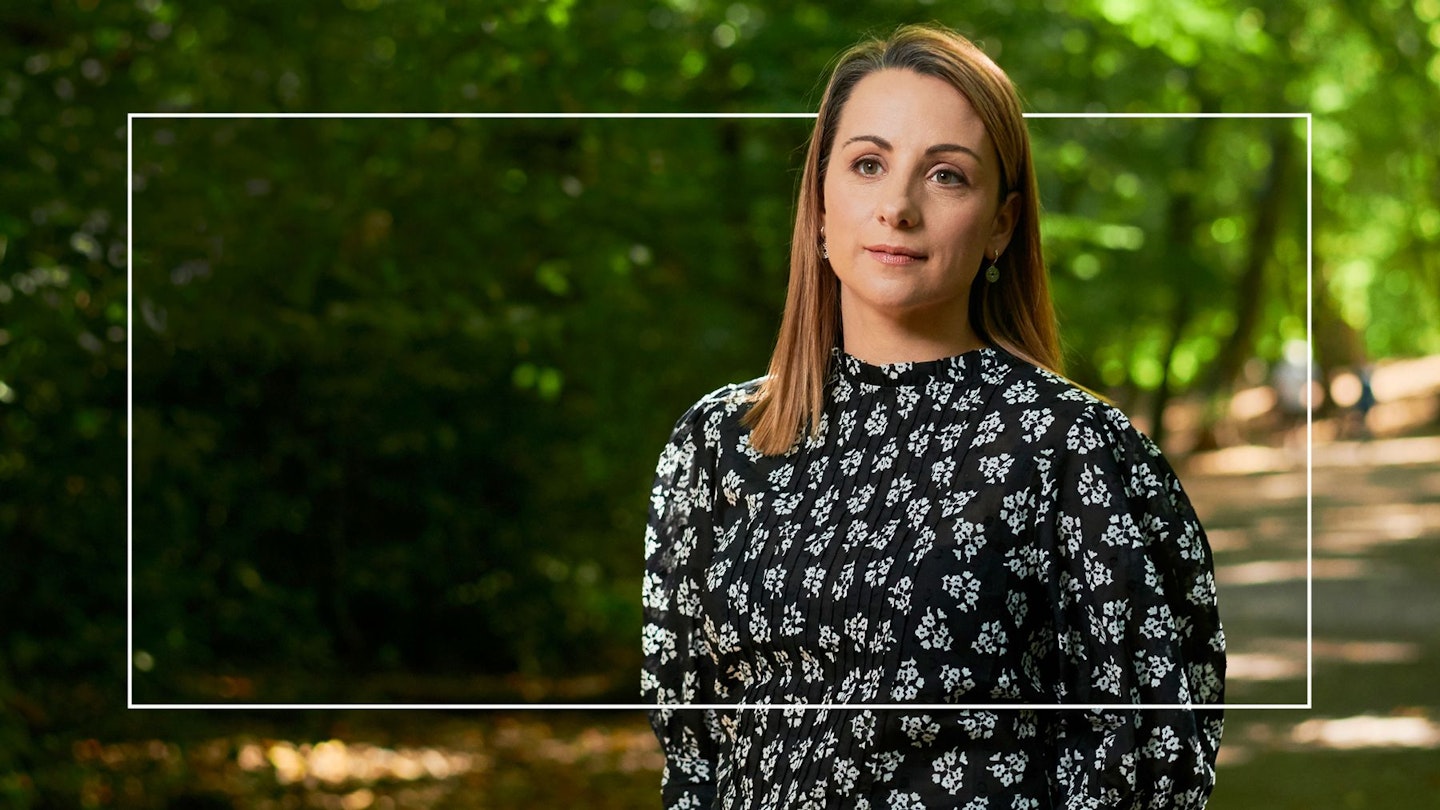 1 of 19
1 of 19Things You Only Know If You've Experienced Post-Adoption Grief
When Claire Moruzzi, 39, gave birth to her son, it unlocked unpacked painful feelings about her own adoption.
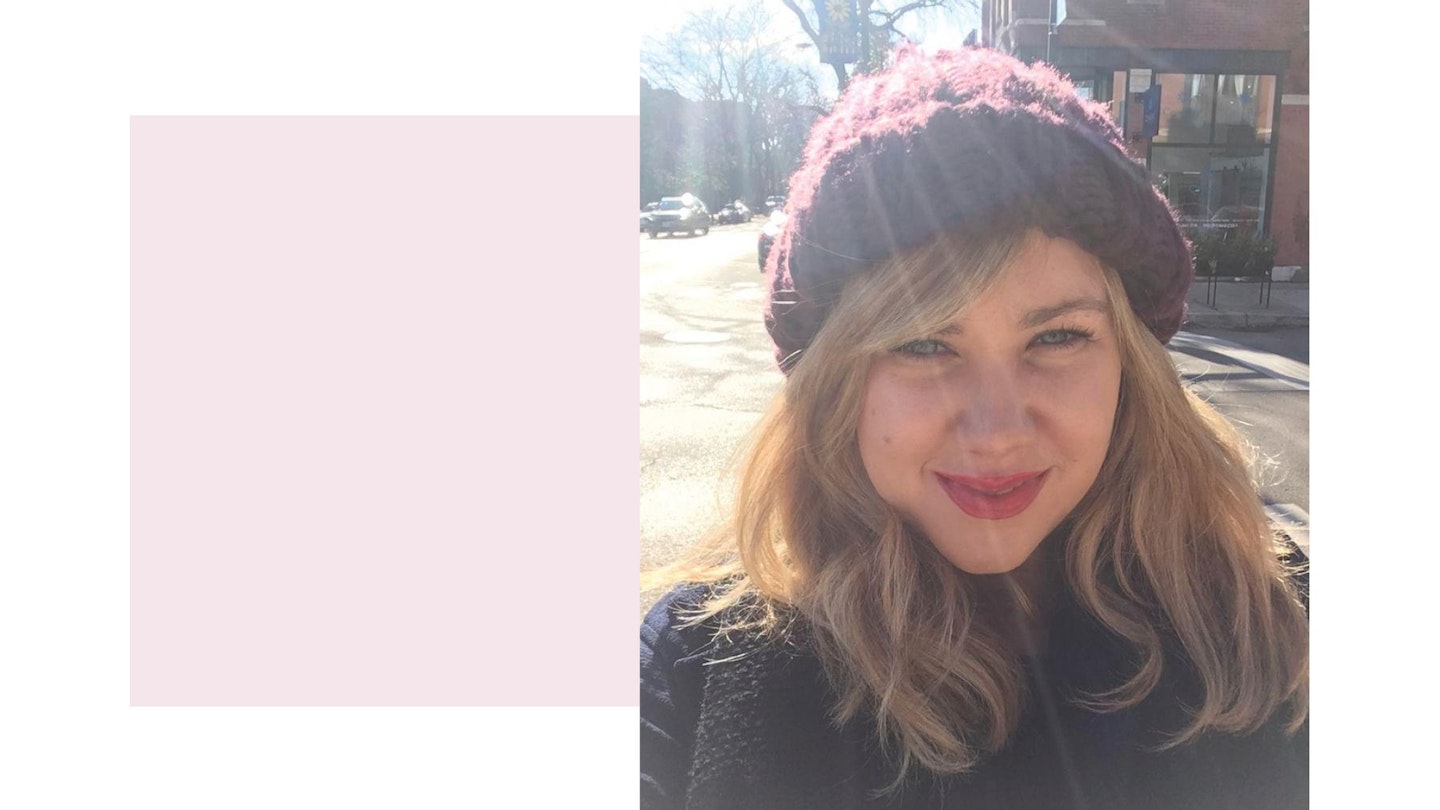 2 of 19
2 of 19Things You Only Know If You have Polycystic Ovary Syndrome
Jessica Evans reflects on the condition that affects one in 10 of us but is rarely talked about.
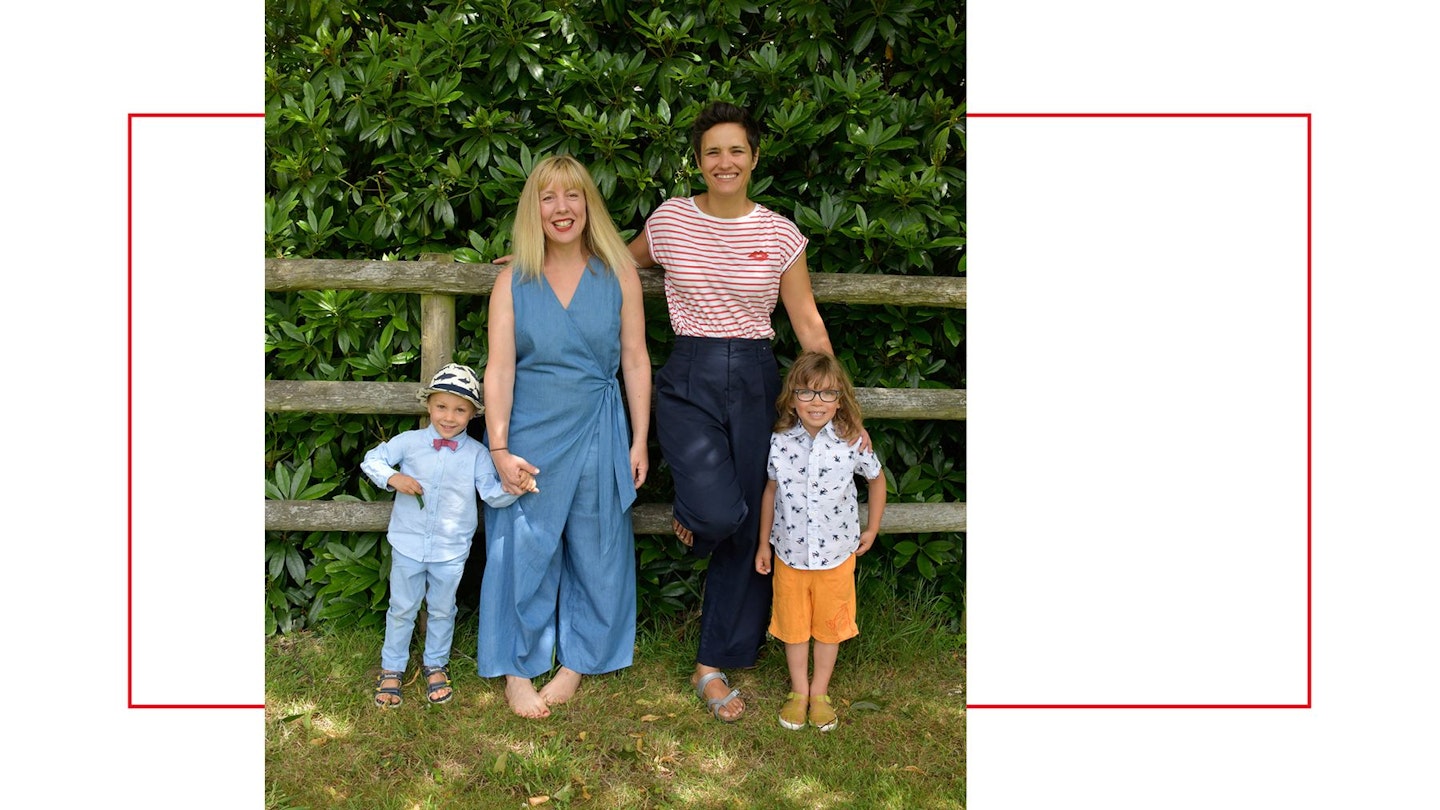 3 of 19
3 of 19Things You Only Know If You're The Other Mother
If your partner carried your children, what does that make you? Jen Brister tells Grazia about life in a two-mum family.
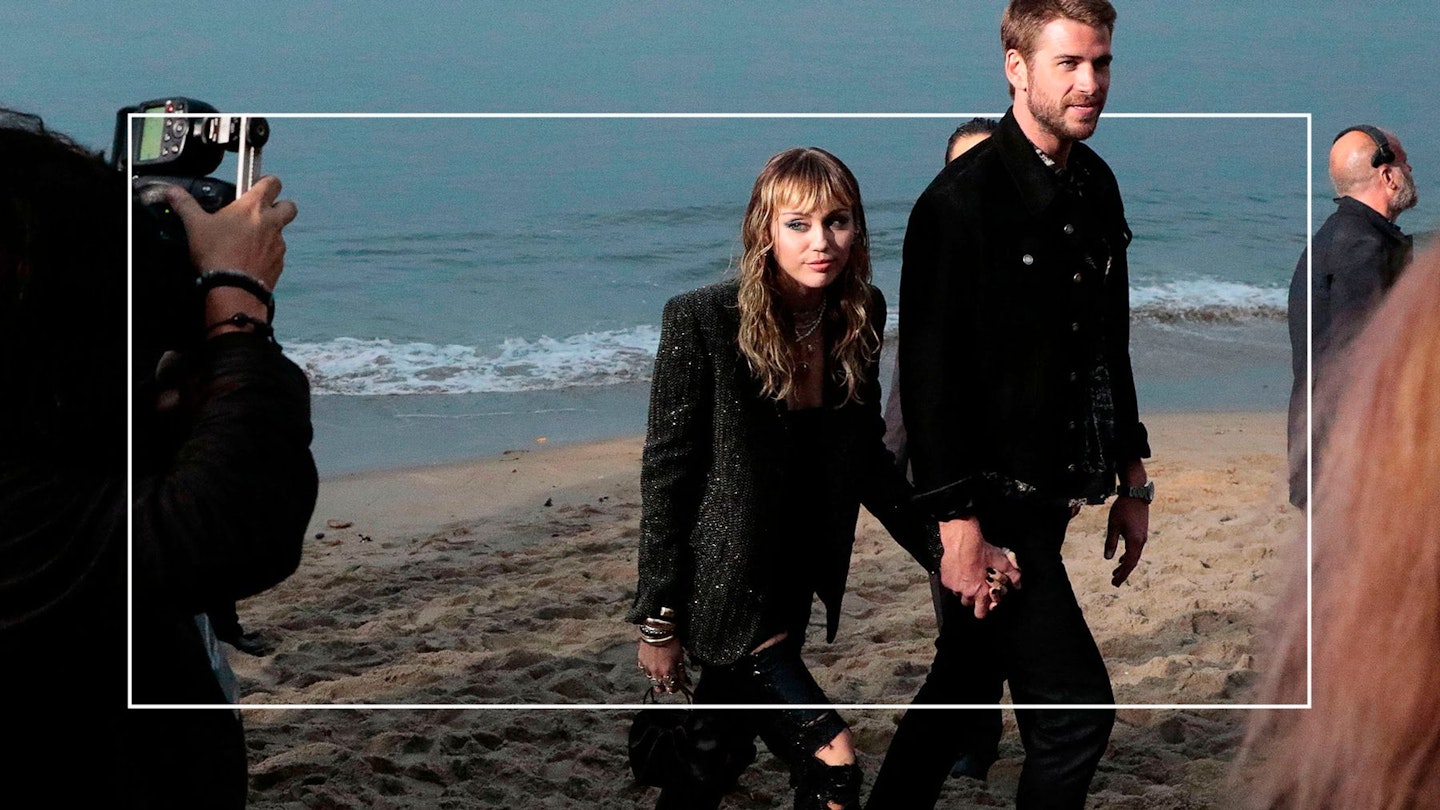 4 of 19
4 of 19Things You Only Know If Your Marriage Lasts Less Than A Year
The wedding was amazing but a Band-Aid Big Day couldn't save the relationship – and so an embarrassingly short marriage ensued.
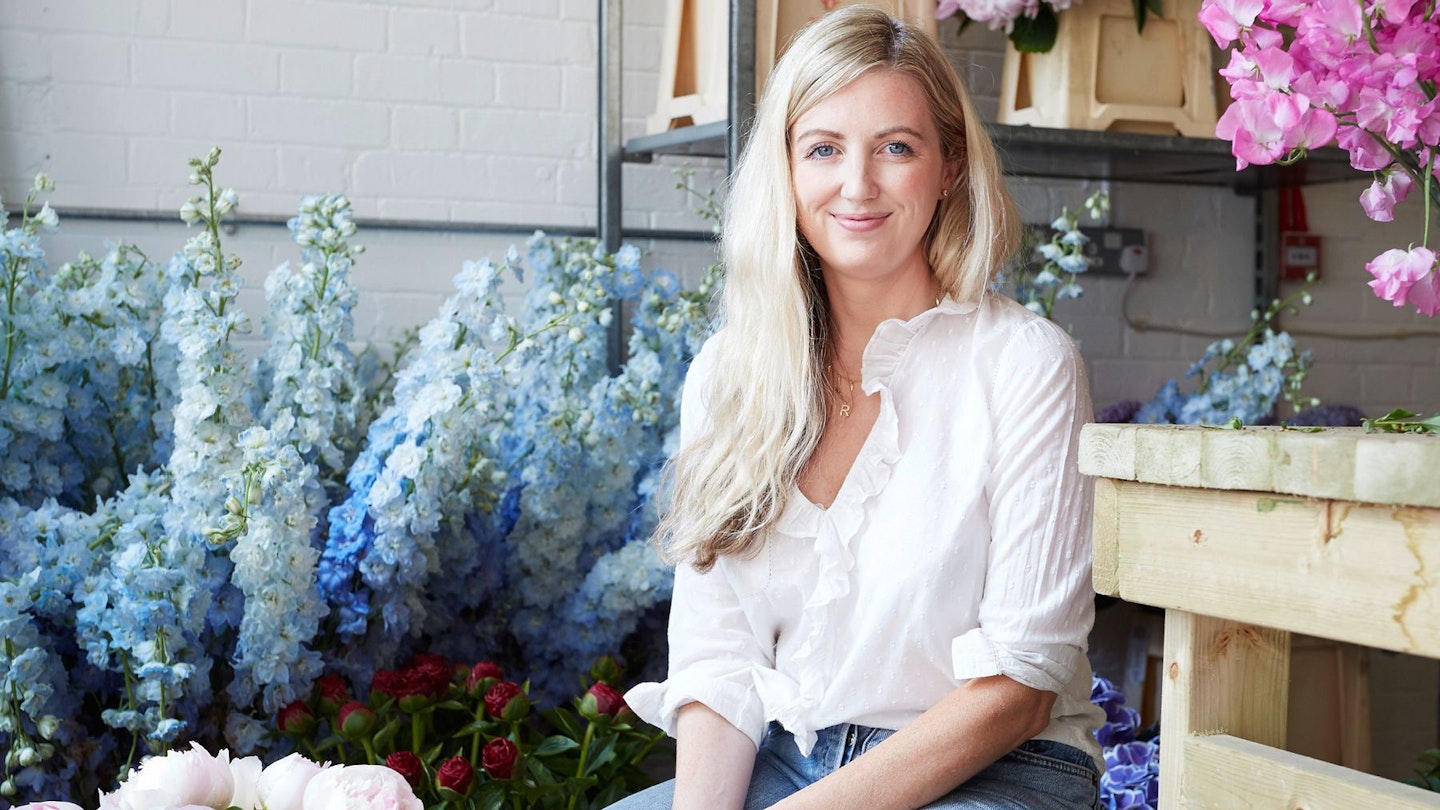 5 of 19
5 of 19Things You Only Know If You Walk Away From A Six-Figure Salary Job
As new figures reveal that record numbers are now 'overeducated' for their jobs, Lil Caldwell, 37, explains why swapping the law for floristry was her best decision yet.
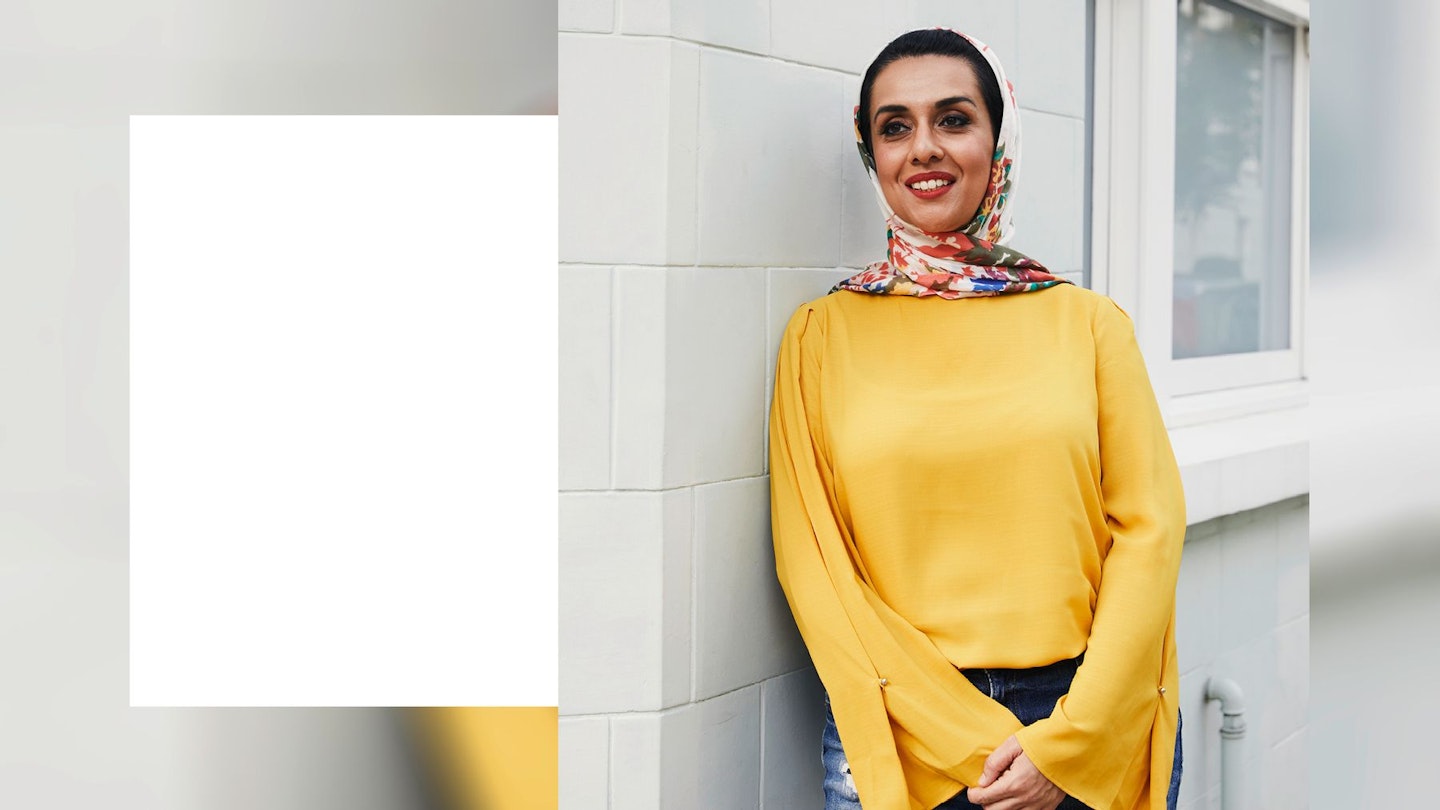 6 of 19
6 of 19Things You Only Know If: You're The Only Muslim In The Village
When Ayisha Malik moved to Dorset, she braced herself for reactions to her hijab. And was surprised at what she found.
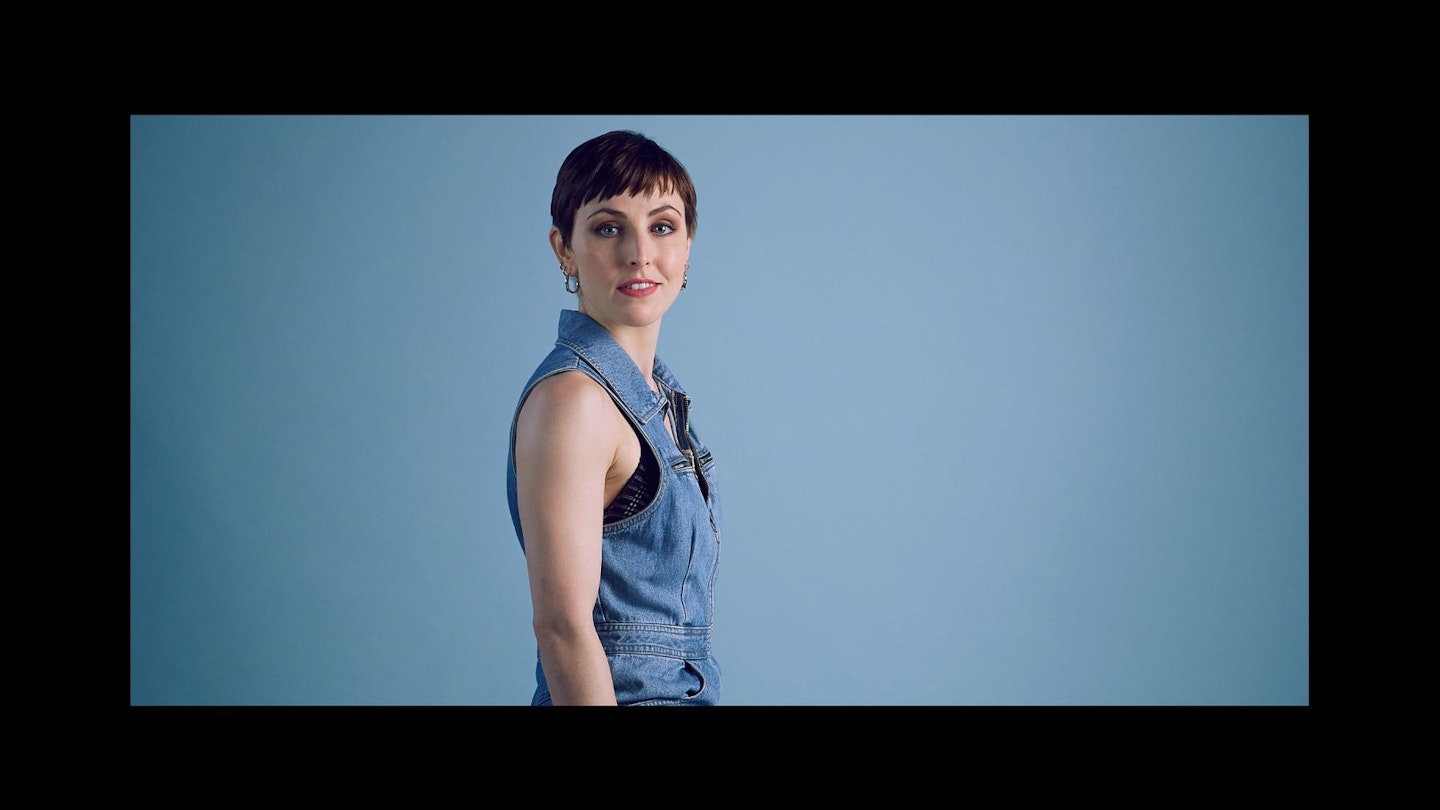 7 of 19
7 of 19Things You Only Know If: You're Going Through The Menopause At 30
A medical breakthrough now means the menopause could be delayed for 20 years. It's come too late for dancer Lindsay McAllister.
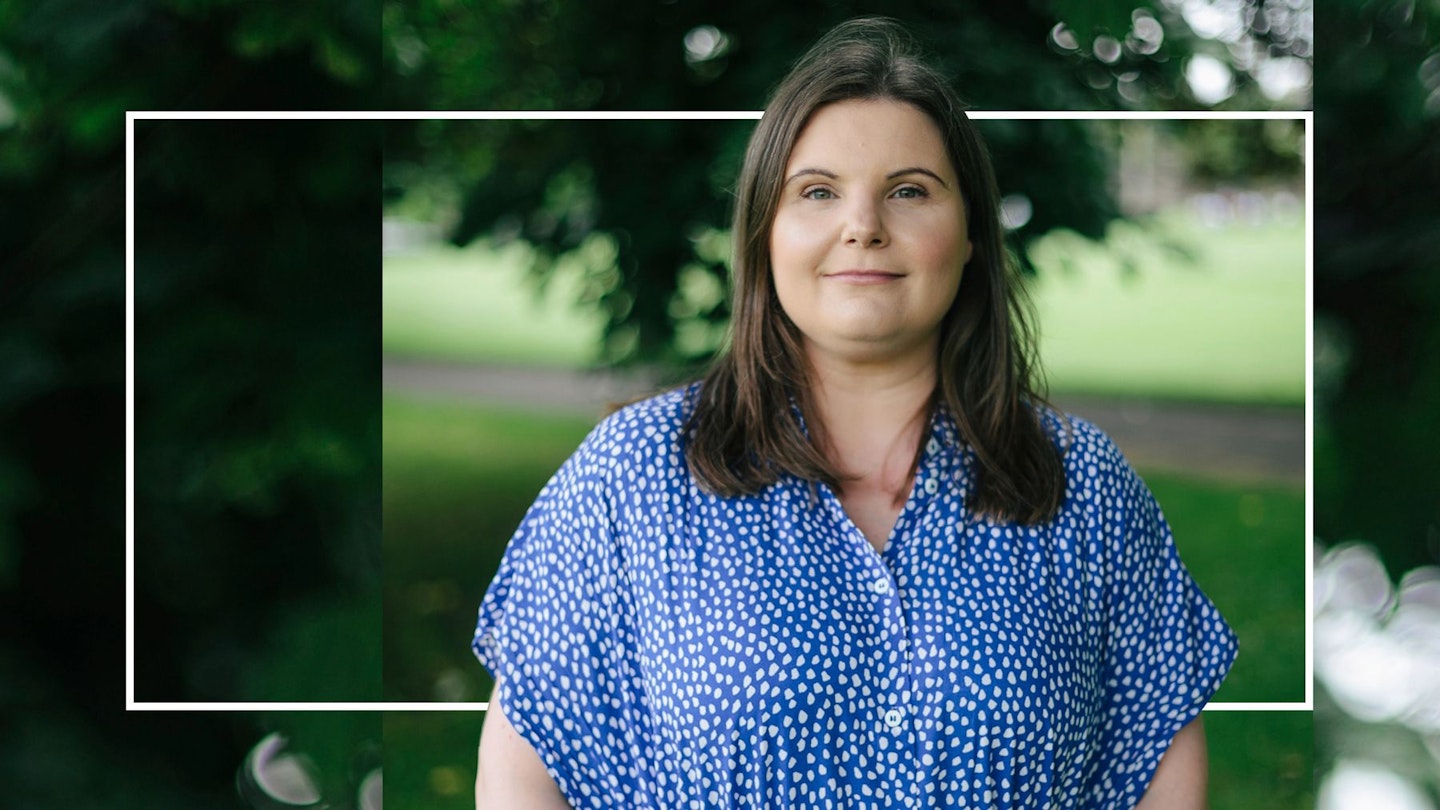 8 of 19
8 of 19Things You Only Know If: You've Finally Conquered Your Alcohol Problem
When Catherine Renton chose to end her damaging relationship with booze, she lost friends, too. She reflects on the decision that changed her life.
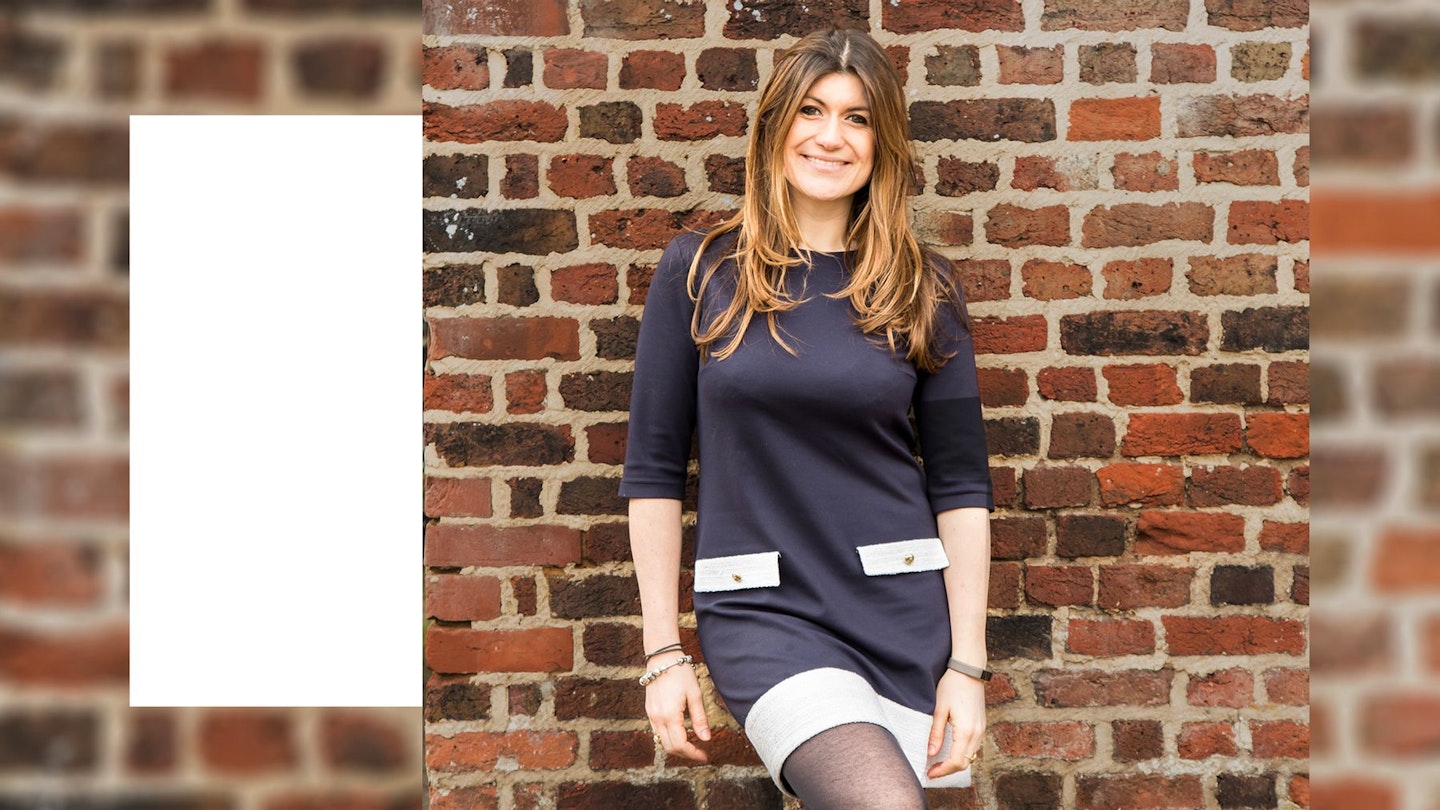 9 of 19
9 of 19Things You Only Know If You've Been On 100 First Dates
Charly Lester, 35, challenged herself to go on 30 blind dates before turning 30. Then things snowballed.
 10 of 19
10 of 19Things You Only Know If: You've Gone From Committed Singleton To 'Basic Bride'
'Suddenly, I want all the things I used to roll my eyes at: the dress, the flowers, the inexplicably expensive cake. There is a new and very loud voice in my head, it insists that this is my special day, I'm a f**king princess and I should have exactly what I want'
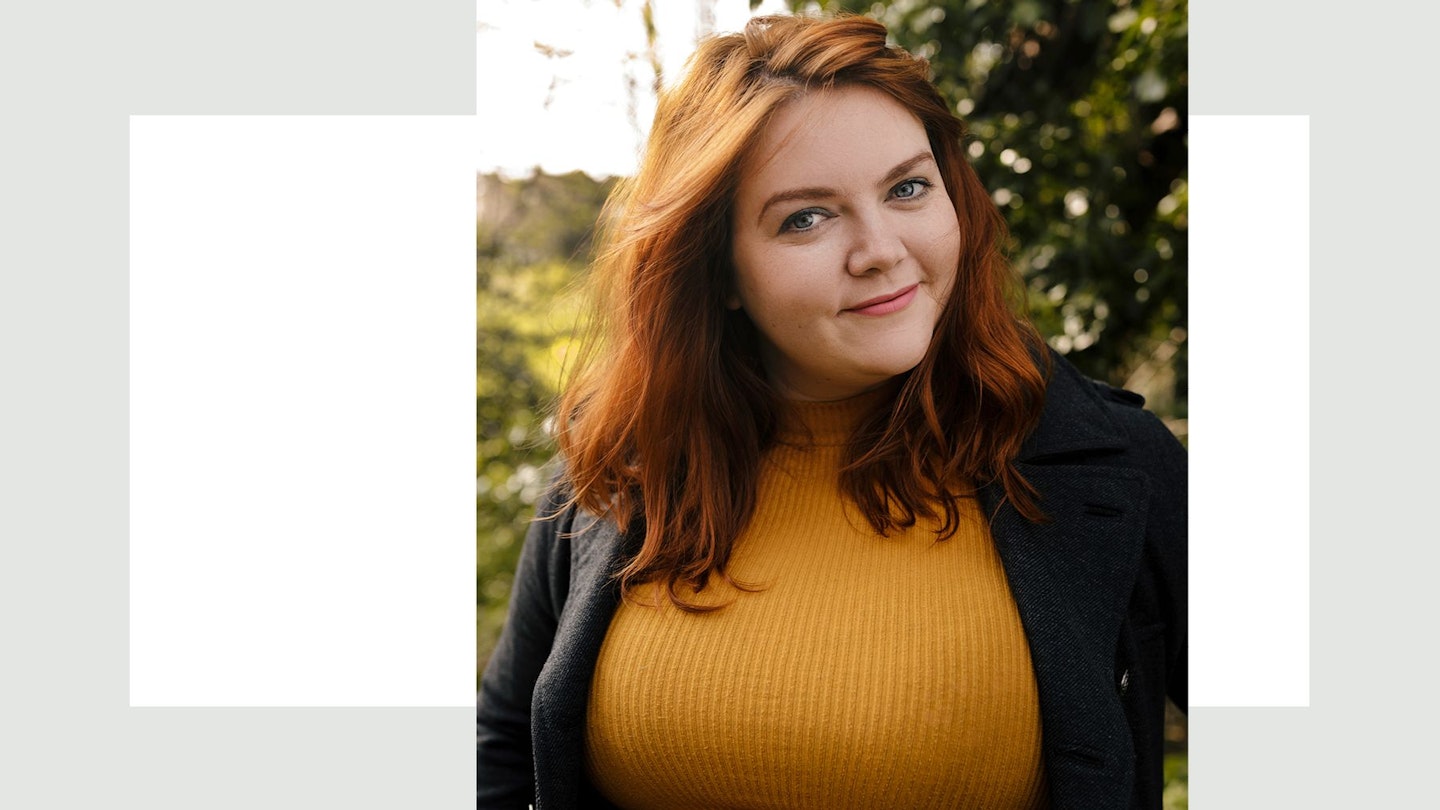 11 of 19
11 of 19Things You Only Know If You Don't Have A Girl Gang
As a child, Amy Jones looked forward to the day she'd find her squad. No 29, she's still wondering where it is.
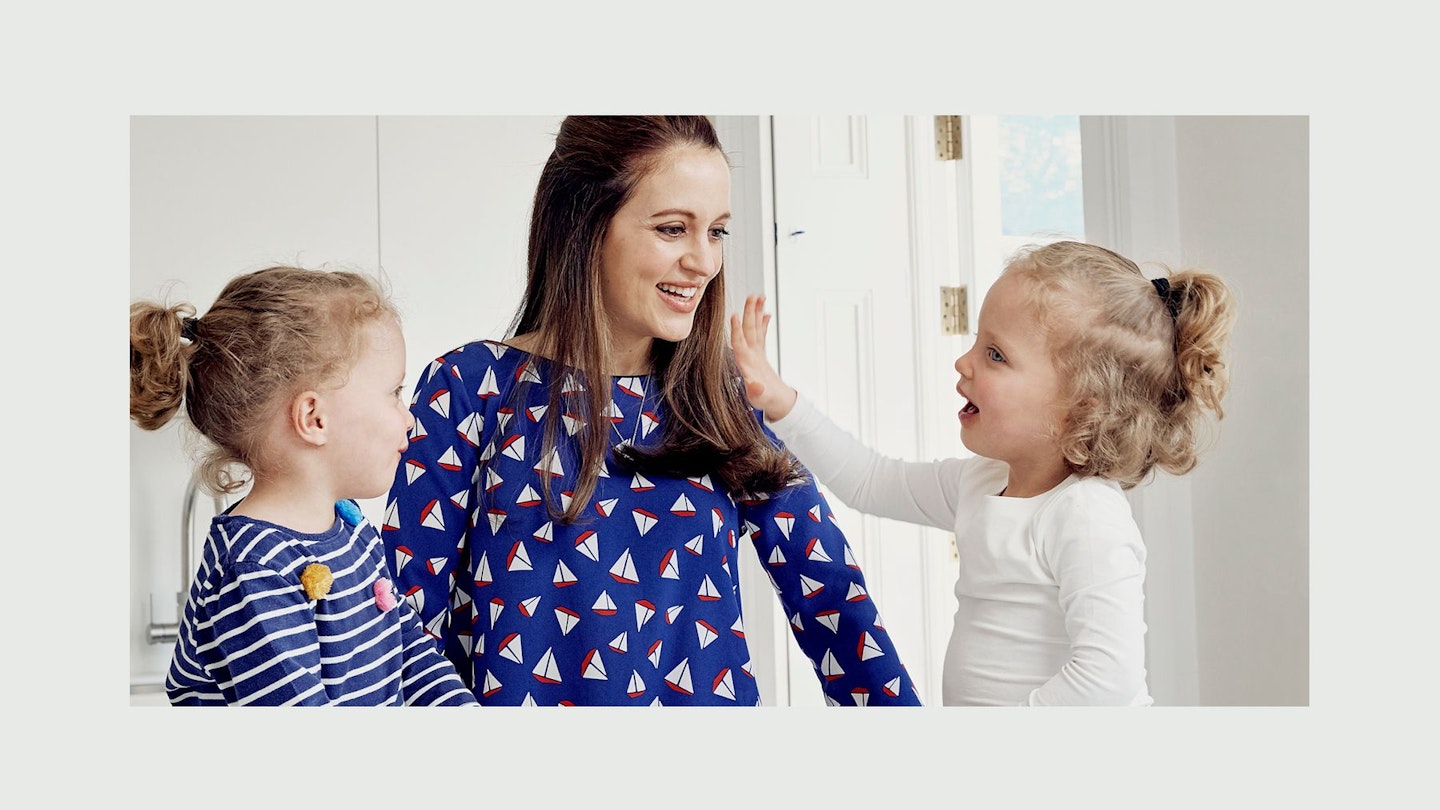 12 of 19
12 of 19Things You Only Know If Your Babies Arrive 10 Weeks Early
After her twin daughters arrived at 29 weeks, Francesca Segal spent 56 days with them at the neonatal intensive care ward - an experience that changed her forever.
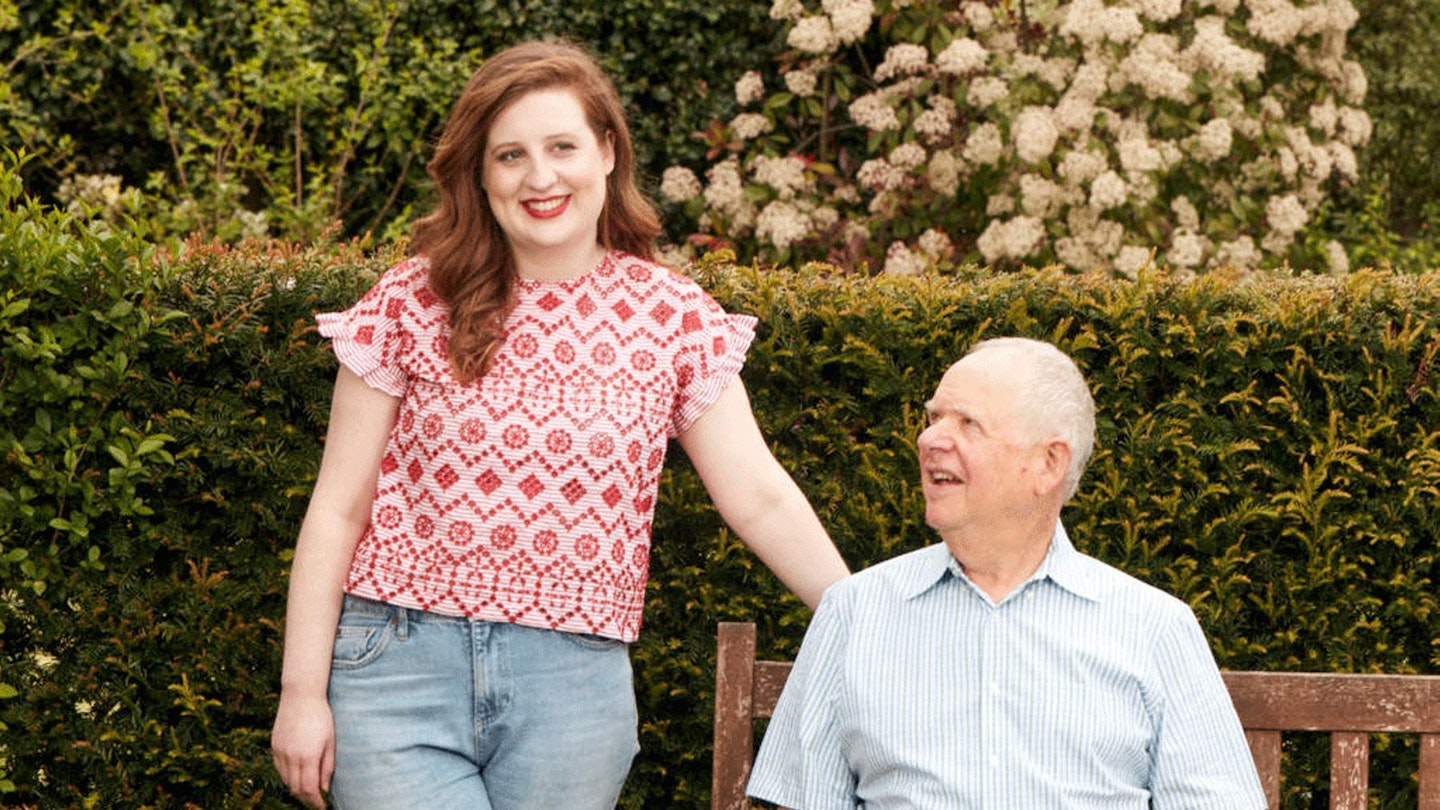 13 of 19
13 of 19Things You Only Know If… You Live With Your Parents At 29
Anna Behrmann, 29, moved back home to save money. It's had its ups and downs.
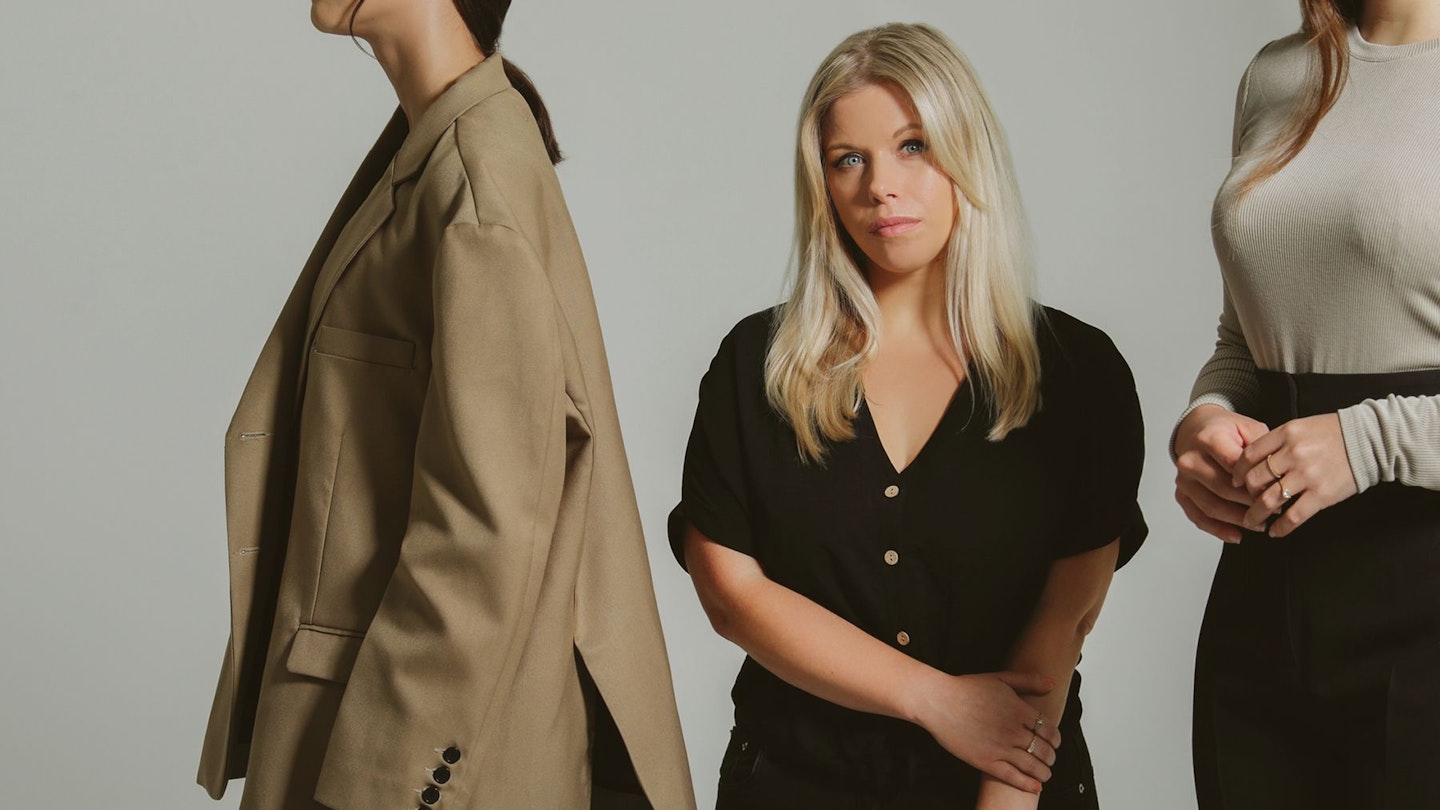 14 of 19
14 of 19Things You Only Know If You Earn Significantly Less Than Your Friends
After losing her job 31-year-old Olivia Foster found out the uncomfortable truth about what it means to be the broke friend.
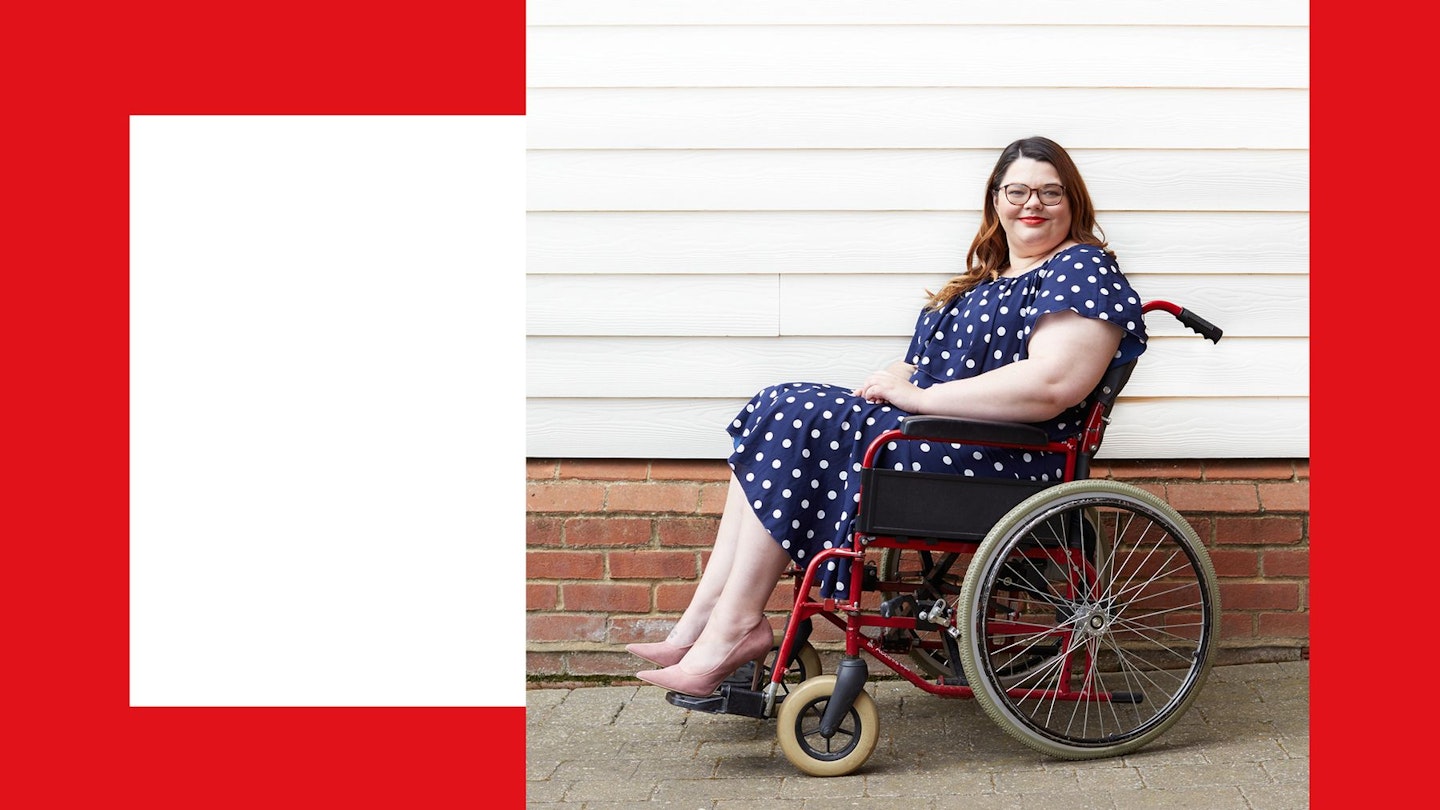 15 of 19
15 of 19Things You Only Know If You're Living With M.E.
When Hollie Brooks found herself so weak she couldn't even dress herself, she knew something was desperately wrong. To mark the end of ME Awareness Week, she tells her story.
_1024_Widthjpg.jpg?auto=format&w=1440&q=80) 16 of 19
16 of 19Things You Only Know If You're Plus-Size And Online Dating
From men who think they're doing you a favour, to feeders who fetishise your body.
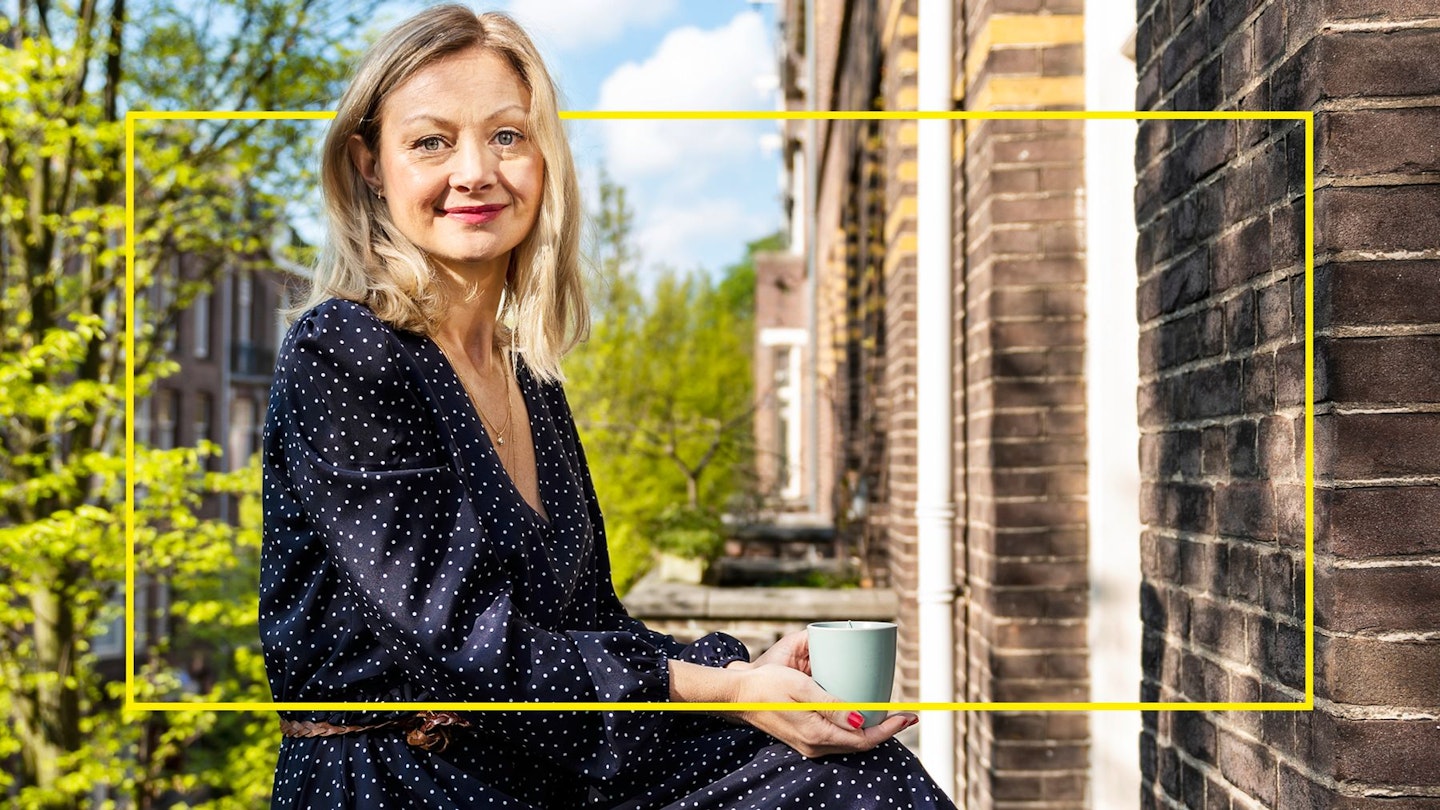 17 of 19
17 of 19Things You Only Know If You Gave Up Your Job To Follow Your Partner Abroad
'On bad days it could feel a bit 1950s'
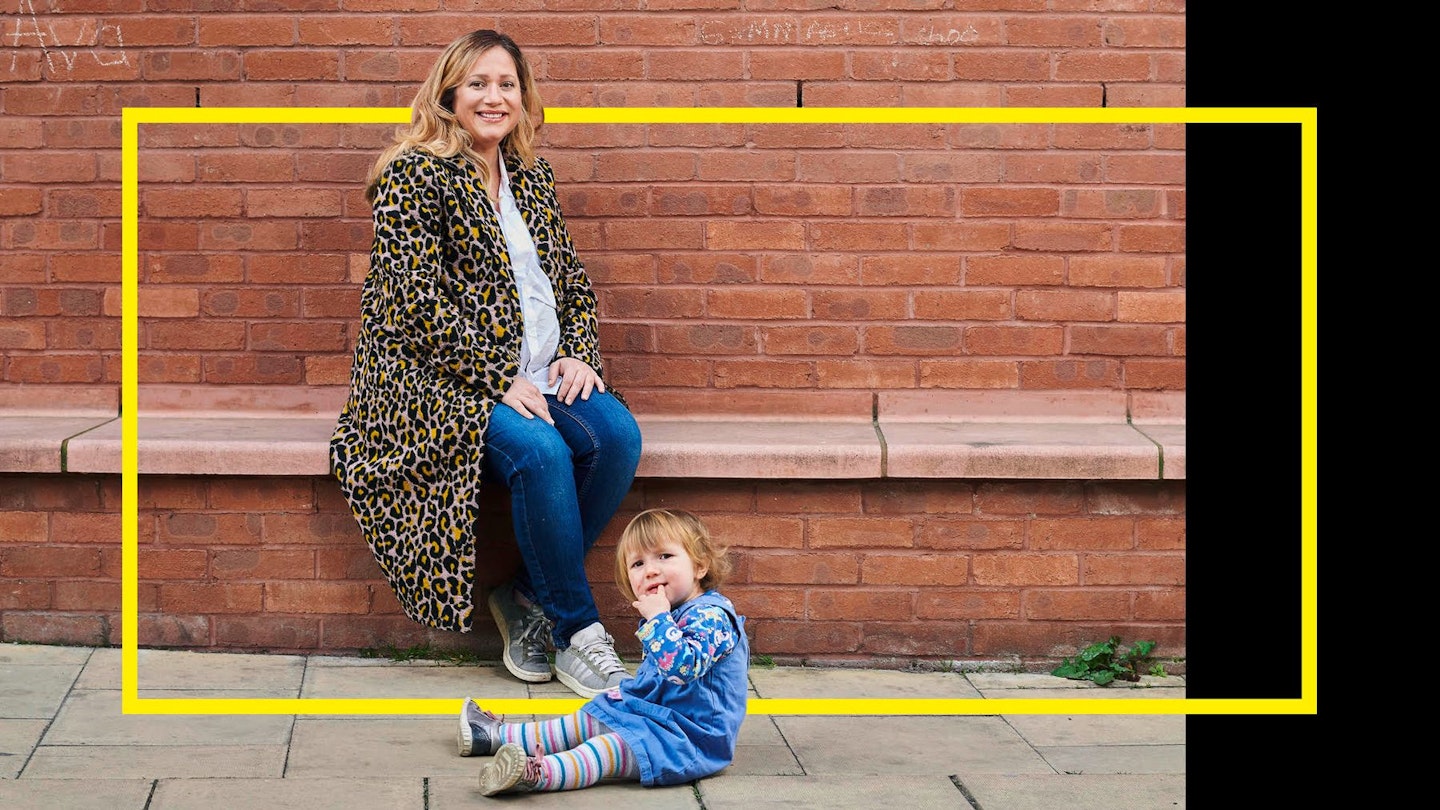 18 of 19
18 of 19Things You Only Know If You've Chosen To Have A Baby Alone
Aged 37 and single, Genevieve Roberts decided to become a mum with the help of a sperm donor.
 19 of 19
19 of 19Things You Only Know If You're An Adult Orphan
Emily Dean lost her parents and sister in the space of three years - and changed her whole life as a result.
